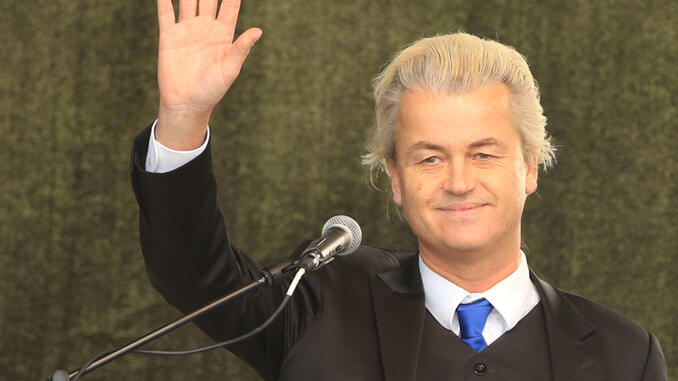
India Announces Election Results
Next week will begin with the results of the latest round of elections in India. Five states —Uttar Pradesh, Uttarakhand, Punjab, Goa and Manipu—have been holding Assembly elections for the past month. Elections in India are a big deal, quite literally. With over a billion people in the country, there are a lot of votes to count. The population of the five states (in all there are 29 states) in the recent election rounds is 240 million. A total of 814.5 million people are eligible to vote in India, the world’s largest democracy.
These recent elections seem to be more domestic issue focused than on international issues for candidates and voters. The largest issue is Prime Minister Narendra Modi’s demonetization policy. On November 8th of last year, Modi made a surprise announcement that the ₹500 (U.S. $7.40) and ₹1,000 (U.S. $15) banknotes, which make up 86 percent of the cash in circulation, would immediately cease being legal tender. The old notes were slowly replaced with new ₹500 and ₹2000 banknotes. It certainly was a radical and unpopular move causing a lot of hardship. The demonetization policy hit rural and poor areas of India the hardest in the initial weeks after enforcement where electronic banking and ATM use is rare and hard to come by.
The major reasons for demonetization was the size of India’s black market and counterfeit cash. The Economist recently estimated that India’s black economy accounts for at least 20 percent of GDP allowing corruption to run rampant. Even though the demonetization policy was very unpopular and met with protest, sentiment is starting to turn more favorable as people are finding the temporary hardship worth tackling black money and corruption. Though, how much that sentiment is being felt will not be known until the election results are made public.
The results of the Assembly elections will widely be viewed as a verdict on Prime Minister Modi’s agenda. How the Bharatiya Janata Party (BJP) performs will be watched closely. There are a myriad of political parties in India, but the BJP is one of the two major parties, and is the party of Narendra Modi. Modi’s continuing influence will be determined by if the BJP performance is a sweep, dismal, or mixed.
Elections in the Netherlands
The Netherlands will be holding Parliament and Prime Minister elections next week on March 15th. The Dutch elections are largely seen as a bellwether of the spread of populism across Europe as it is the first of several major elections this year on the continent. France and Germany will also be holding elections this year.
The world’s attention is focused on the spread of populism across Europe and the Dutch elections have plenty of the same populist style Brexit, anti-European Union, anti-Muslim, Trump-style sentiment. The current Prime Minister, Mark Rutte of the Liberal Party (VVD), is seeking his third term in office. He faces the far right populist leader Geert Wilders of the Party for Freedom (PVV). Wilders is often compared to Donald Trump, and even styles his message after him by using phrases such as “Make the Netherlands Great Again!” Last year Wilders was found guilty of inciting discrimination against Dutch Moroccans and recently referred to them as “scum.”
Will the surge of populism keep growing or will it begin to recede again in Europe? The results of the Dutch elections on Wednesday will be telling.
